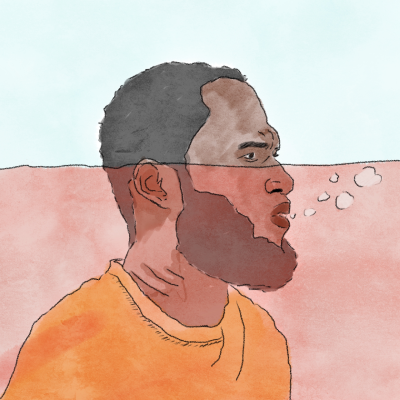When schizophrenia meets alcohol use disorder
When someone with schizophrenia also has an alcohol use disorder (AUD), it can make their illness harder to manage.
This may lead, among others, to:
• worsening psychotic symptoms,
• more frequent relapses,
• lower quality of life,
• reduce the effectiveness of antipsychotic medications,
• difficulties adhering to treatment.
Studies have also found that those who drink heavily tend to have a longer history of schizophrenia and often require extended stays in mental health facilities.
For instance, chronic schizophrenia patients with alcohol use disorders tend to experience more severe positive symptoms, such (hallucinations or delusions), and greater levels of depression and negative symptoms ( like emotional flatness) and suicidal behavior compared to those who have never used alcohol.
In cases of first-episode psychosis, alcohol use before hospitalization has been linked to more frequent positive symptoms, while also being associated with negative symptoms.
Moreover, alcohol consumption negatively affects cognitive function and reduces the quality of life in individuals with schizophrenia.
It also contributes to an increased risk of death from various causes in this population.



